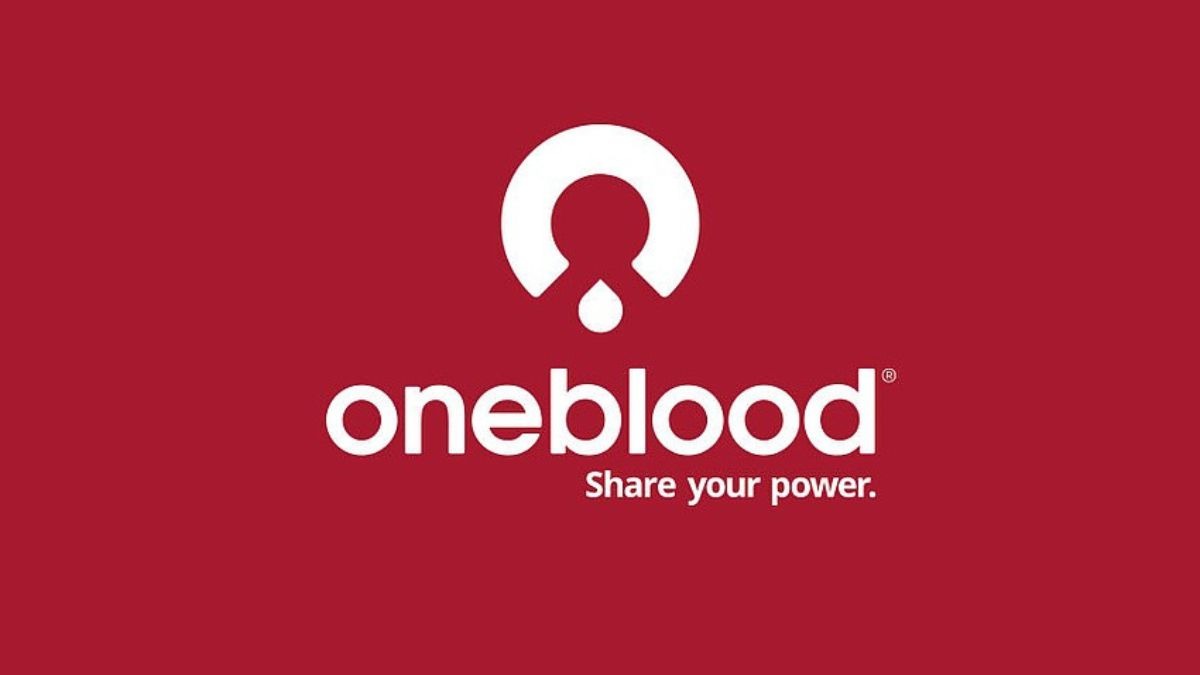OneBlood, a prominent nonprofit blood center serving over 300 hospitals across the southeastern United States, has issued an urgent call for blood donations following a significant ransomware attack. The cyber attack has severely impacted the organization’s network security and reduced its operational capacity.
The ransomware incident has compromised OneBlood’s software systems, prompting the organization to work closely with cybersecurity experts, as well as federal, state, and local law enforcement agencies. The center is actively investigating the attack to understand its full impact and to restore system functionality.
“OneBlood takes the security of our network extremely seriously,” stated Susan Forbes, OneBlood’s Senior Vice President of Corporate Communications and Public Relations. “Our team reacted quickly to assess our systems and began an investigation to confirm the full nature and scope of the event.”
Despite the ongoing efforts to manage and mitigate the effects of the attack, OneBlood’s ability to collect, test, and distribute blood has been significantly hampered. The organization has implemented manual processes to maintain operations, but these procedures are more time-consuming and have impacted inventory availability.
In response to the situation, OneBlood has requested that the more than 250 hospitals it serves activate their critical blood shortage protocols. The organization is specifically calling for donations of O positive, O negative, and platelets, although all blood types are needed.
Blood centers across the nation are stepping in to help by donating blood and platelets to OneBlood. Additionally, the AABB Disaster Task Force is coordinating national resources to assist with supplying additional blood products to the affected centers.
“The blood supply cannot be taken for granted. The situation we are dealing with is ongoing,” Forbes emphasized. “If you are eligible to donate, we urge you to please make an appointment to donate as soon as possible.”
OneBlood is committed to continuing its mission of providing safe and available blood to hospitals across Alabama, Florida, Georgia, North Carolina, South Carolina, and Virginia, despite the current challenges posed by the cyber attack.


